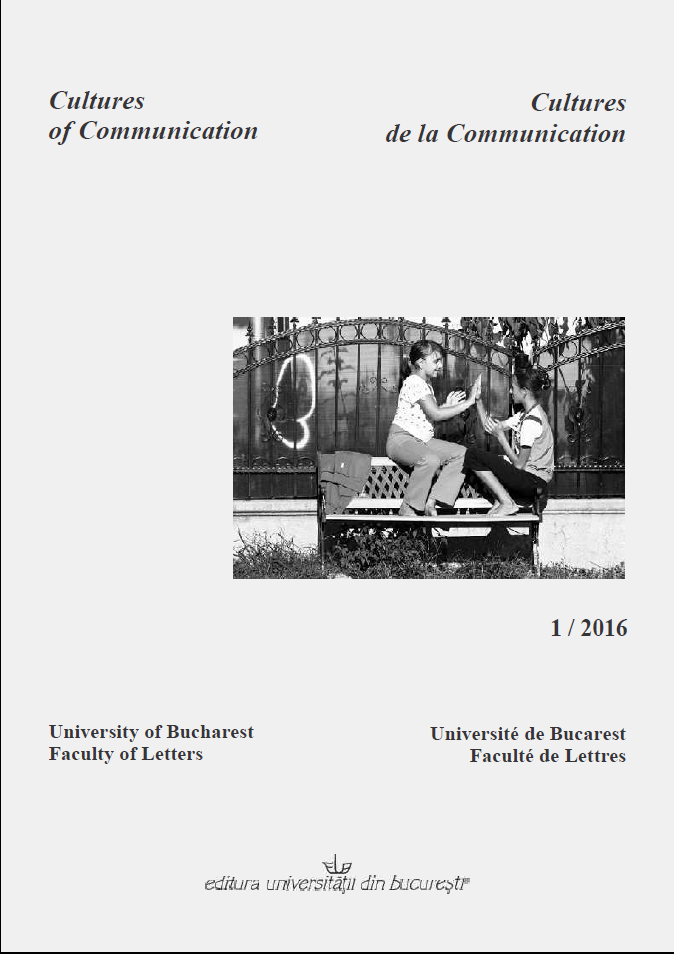The Sultan and His Janissaries
The Sultan and His Janissaries
Gheorghe Hagi and the Golden Era of Galatasaray Istanbul
Author(s): Octavian GaborSubject(s): Communication studies
Published by: Editura Universităţii din Bucureşti
Keywords: sports communication;football;culture;individualism;collectivism
Summary/Abstract: In 1996, Galatasaray Istanbul made a transfer that was to change the face of Turkish football. Gheorghe Hagi, former FC Barcelona player, signed a new contract during which he helped the Turkish team to win the UEFA Cup and the European Super Cup. These performances have not been since matched by any Turkishteam, although many star players came to play in this Middle Eastern country. Some may argue that the lack of success is explained by the fact that the end of the 90’s still allowed for poetry in football and that a player such as Hagi could still decide the fate of a game before it became very structured. Such people forget that the recent four years have been dominated by a poetical team, F.C. Barcelona, where players such as Messi or Xavi bring their individual, creative contribution to an already established structure. In this paper I want to propose a different take on the problem. I will explore how the culture of a certain player fits the culture of the country in which he gets transferred. Gheorghe Hagi comes from Romania, an Eastern European country not far away from Turkey. The common Balkan culture contributed, I believe, to Hagi’s adaptation to a style of football that needs a “sultan.” Although one of the great players of the century, Hagi could not flourish during his period at Real Madrid or Barcelona, where the team is more important than any one player. In his heart and in his style of play, Hagi was always a sultan who needed his Janissaries. Galatasaray Istanbul offered him precisely that.
Journal: Cultures of Communication – Cultures de la communication
- Issue Year: 1/2016
- Issue No: 1
- Page Range: 45-56
- Page Count: 12
- Language: English

